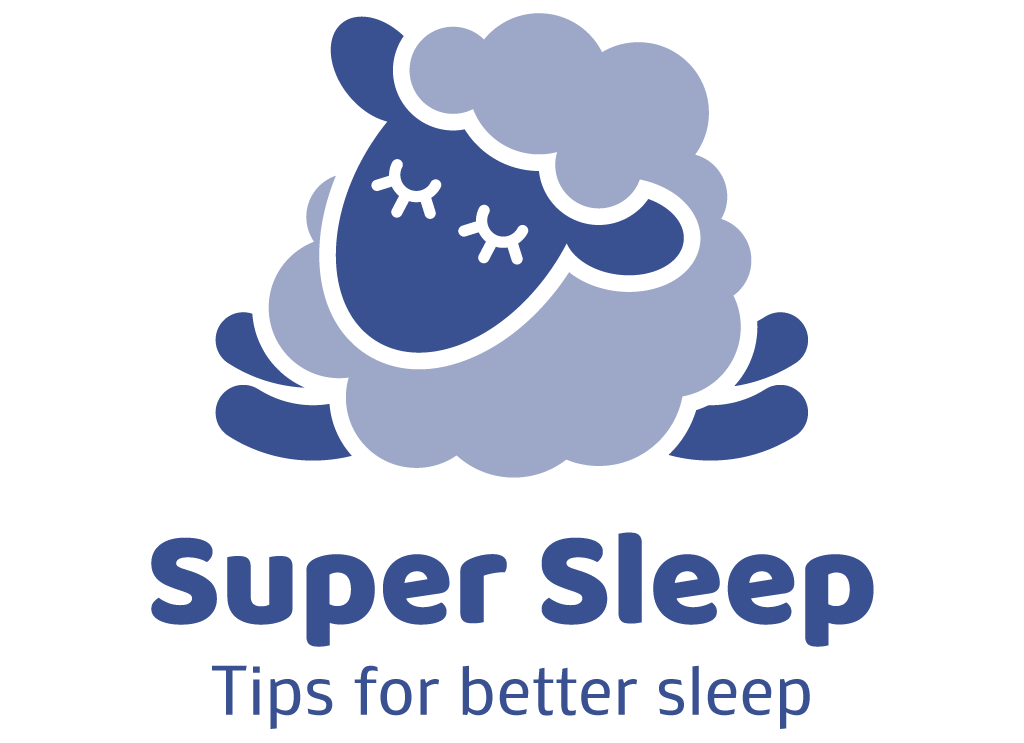Sleep and diet are two essential elements of our well-being. What we eat on a daily basis doesn’t just influence our energy levels or our weight: it also has a direct impact on the quality of our sleep. Certain eating habits can either improve or disrupt our sleep. In this article, we’ll explore how diet can affect your sleep, and which foods to prefer and which to avoid for better sleep.
1. The Link Between Diet and Sleep
The human body is a complex system in which diet and sleep are closely interconnected. What we eat influences the production of certain hormones, such as melatonin—the sleep hormone—and serotonin, a neurotransmitter that regulates mood and well-being. Consequently, a balanced diet can promote better-quality sleep, while unbalanced eating habits can disrupt the sleep cycle.
Overly rich or heavy meals consumed too late can cause digestive discomfort and delay falling asleep. Conversely, certain nutrients and foods have beneficial effects on relaxation and sleep initiation.
2. Foods to Favor for Better Sleep
Some foods contain specific nutrients that help improve sleep quality. Here is a list of key foods to include in your diet to promote restorative sleep:
Foods Rich in Tryptophan: Tryptophan is an essential amino acid that plays a key role in the production of serotonin and melatonin, two hormones that regulate sleep. Tryptophan can be found in foods such as:
- Turkey
- Eggs
- Nuts (almonds, cashews)
- Seeds (pumpkin seeds, chia seeds)
- Bananas
- Milk
Complex Carbohydrates: Foods rich in complex carbohydrates, like whole grains, brown rice, or legumes, increase the availability of tryptophan in the brain, facilitating melatonin production and promoting sleep initiation.
Dairy Products: Milk, yogurt, and cheese are excellent sources of calcium, a mineral that helps the brain use tryptophan to produce melatonin. A warm glass of milk before bed is often recommended for its soothing effects.
Fatty Fish: Fatty fish such as salmon, tuna, and mackerel are rich in omega-3 fatty acids and vitamin D, two nutrients that help regulate serotonin production, thereby promoting deeper sleep.
Relaxing Herbal Teas: Certain herbal teas, like chamomile, verbena, or lavender, are known for their relaxing and soothing effects. A herbal tea before bedtime can help calm the mind and facilitate sleep.
Tip:
Including a small, tryptophan-rich snack, like a handful of almonds or a bowl of oatmeal, about an hour before bed can help you sleep better.
3. Foods to Avoid Before Sleeping
Just as some foods promote quality sleep, others can disrupt sleep initiation or cause nighttime awakenings. Here is a list of key foods to avoid, especially in the evening:
Caffeine: Coffee, black tea, energy drinks, and even chocolate contain caffeine, a stimulant that can disrupt sleep by blocking adenosine receptors—a molecule that promotes drowsiness. It is advisable to avoid caffeine six hours before bedtime.
Alcohol: Although alcohol may initially promote sleepiness, it disrupts the sleep cycle by reducing the duration of REM sleep, essential for mental recovery. Alcohol can also cause nighttime awakenings and feelings of fatigue upon waking.
Rich and Fatty Meals: Eating a heavy meal rich in fats or proteins just before bedtime can lead to digestive issues and make falling asleep difficult. Fatty foods are harder to digest, which can cause heartburn or acid reflux.
Spices: Spicy dishes can cause heartburn or increase body temperature, which can disrupt sleep initiation.
Tip:
Try to have dinner at least two to three hours before bedtime to allow your digestive system to function without hindering your sleep. Opt for a light dinner rich in complex carbohydrates and low in fats.
4. The Importance of Hydration
Drinking enough water throughout the day is essential for overall health, but excessive hydration just before sleep can have undesirable effects. Drinking too much in the evening can lead to frequent nighttime awakenings to use the bathroom, thus disrupting sleep.
Tip:
Limit fluid intake in the hour before bedtime. Ensure you drink enough water during the day to avoid nighttime dehydration.
5. Meal Timing and Sleep
The timing of meals also plays an important role in sleep quality. Numerous studies show that eating at irregular hours or having late-night meals can disrupt the circadian rhythm (your internal biological clock) and delay sleep initiation.
Tip:
Try to have your meals at regular times and avoid heavy meals two to three hours before going to sleep. If you need a snack, opt for a light, tryptophan-rich option like a banana or a small handful of nuts.
6. The Role of Dietary Supplements in Sleep
In some cases, dietary supplements can help improve sleep quality by providing specific nutrients that promote sleep initiation and relaxation. Common supplements used to enhance sleep include:
Melatonin: A popular supplement for people having difficulty falling asleep, especially when dealing with jet lag or circadian rhythm disruptions.
Magnesium: This mineral helps relax muscles and soothe the nervous system, promoting deeper sleep.
Valerian and Passionflower: Plants recognized for their calming and mild sedative effects, often used in supplements to improve sleep.
Tip:
Before taking any supplement, consult a healthcare professional to ensure it is suitable for your needs and has no contraindications.
A Balanced Diet for Better Sleep
Diet plays a key role in the quality of your sleep. By incorporating foods rich in tryptophan, omega-3 fatty acids, and complex carbohydrates into your diet, you can promote better sleep initiation and deeper sleep. Conversely, avoiding caffeine, alcohol, and heavy meals before sleeping is equally important to prevent sleep disturbances.
By adopting a balanced approach to your diet and maintaining regular meal times, you can not only improve the quality of your sleep but also enhance your overall well-being. After all, eating well to sleep better is a virtuous cycle that benefits your entire body.

